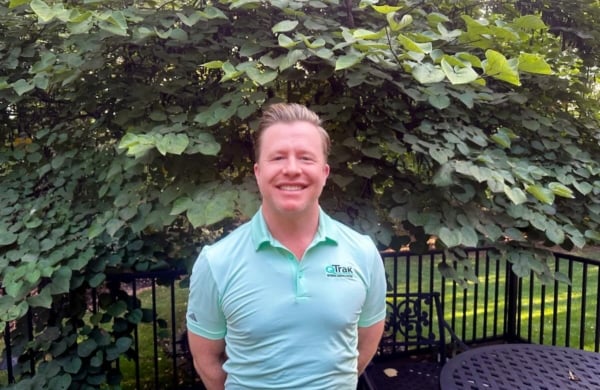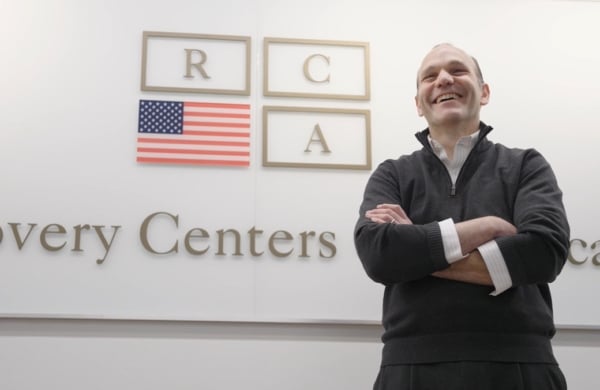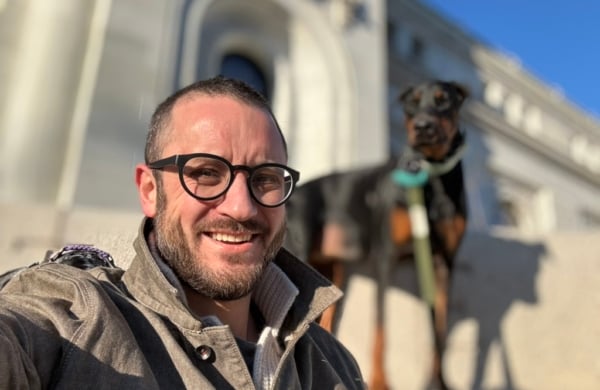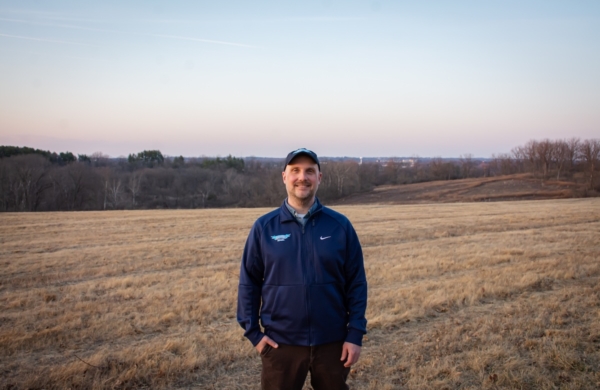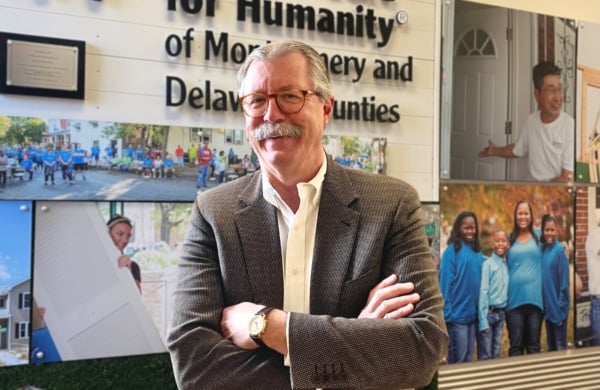KOP Insiders: Susan Dickinson of The Association for Frontotemporal Degeneration
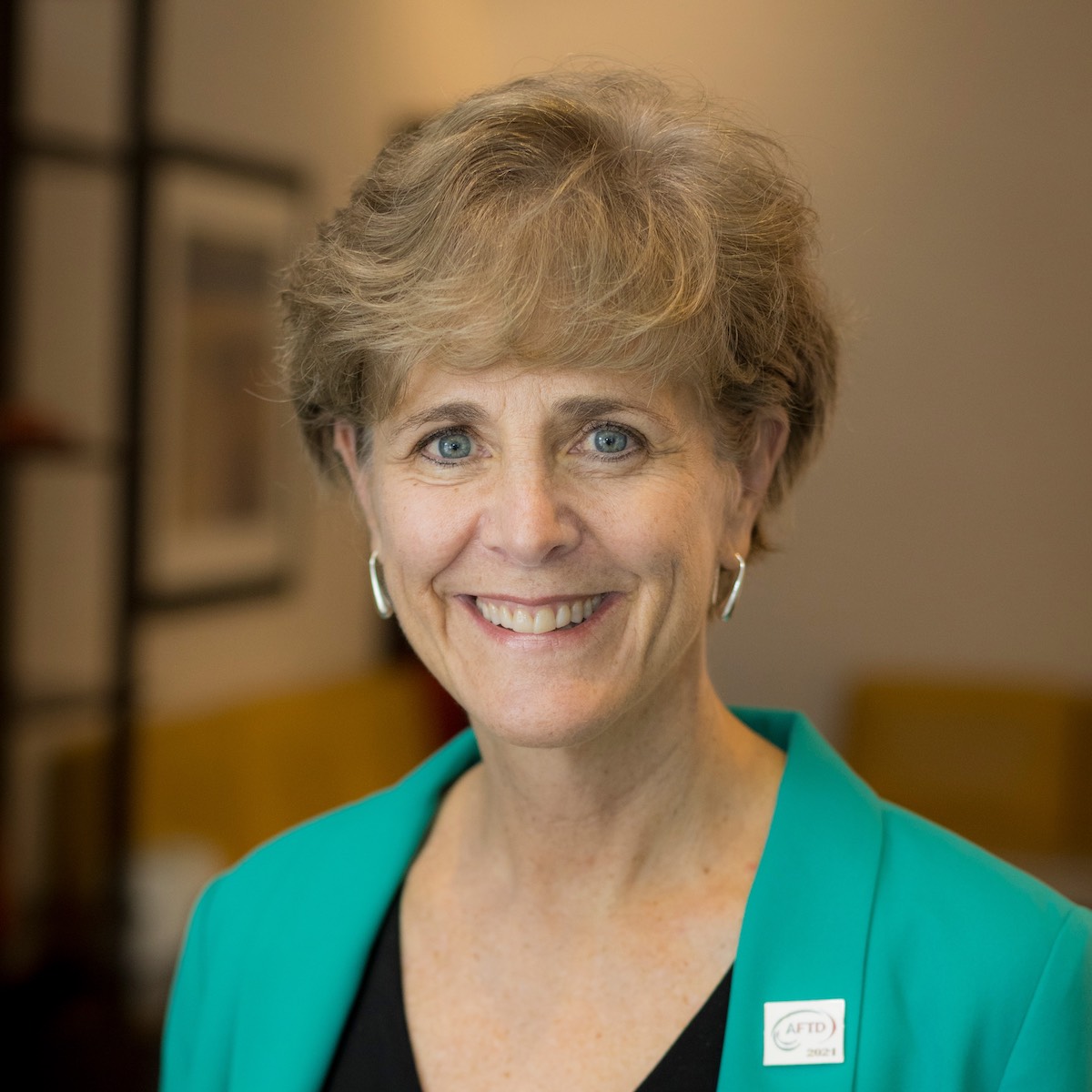
KOP Insiders delves into the stories of the people who make King of Prussia one of Pennsylvania’s most dynamic live-work-play-stay destinations.
In depth interviews provide insight into the companies that make up our diverse business community and put a face to the individuals behind the business. In this edition, we are joined by Susan Dickinson, CEO of The Association for Frontotemporal Degeneration (AFTD).
Can you tell us about your background and how it led you to your current role as CEO of The Association for Frontotemporal Degeneration (AFTD)?
I grew up outside of New York and came down here to attend Swarthmore College — and I’ve stayed here ever since! I eventually got my master’s degree in genetic counseling from Arcadia University. I’ve worked with AFTD since its founding in 2002 and became its Executive Director in 2008. Today I’m AFTD’s CEO.
AFTD is a patient advocacy organization for a type of dementia called frontotemporal degeneration (FTD). When most people think of dementia, they think of Alzheimer’s. FTD is different in three critical ways. First, it doesn’t affect memory; it affects different parts of the brain, resulting in things like changes in personality, behavior and language. It also tends to affect younger people; FTD is, in fact, the most common dementia for people under 60. Most people who get it are in their 40s, 50s and 60s — at a time when they are raising a family and nearing the height of their career. Experiencing dementia symptoms at this stage in life can have a profound impact on the entire family. And the third difference is this disease is fairly uncommon. While there are around five million people in the U.S. with Alzheimer’s, there are only about 60,000 with FTD, according to our best estimate. (We don’t know for certain how many people there are who have it because many clinicians miss this diagnosis, and we don’t yet have accurate diagnostic tests.) Like Alzheimer’s, there is currently no cure for FTD.
Like many rare-disease organizations, AFTD was founded by a family caregiver, Helen-Ann Comstock, who lost her husband to this disease and realized that there needed to be an organization that advocated for her as well as all FTD families to come.
Right now, we have about 35 full-time employees and we just passed the $10 million mark for our budget — a huge leap forward from our 2008 budget, which was about $400,000. Our recent growth has been fueled by advances in science and by our ability to bring together a community that is scattered across the country. There’s nothing like the passion of a rare-disease community; that passion is what allows us to provide a network of volunteer-led support groups across the country, to advance research by encouraging participation in clinical trials, to spread awareness of this disease, and to raise the funds that enable us to carry out our mission.
Has AFTD always been headquartered in KOP? What brought you here
In 2009 AFTD moved from our first (and very tiny) office, in Center City, to more a spacious spot in Radnor. But we gradually outgrew that space, and in 2019 we moved to KOP. The space we have now accommodates our full team, fits our organization’s culture, and is absolutely beautiful.
We have staff who live all over the Delaware Valley, so we needed a space that presented a reasonable commute for everyone. Also, we wanted a location that had a lot to offer outside the office. With its central location and near-endless amenities, KOP is the ideal work environment for us.
What factors are contributing to the major growth we’re seeing in KOP’s healthcare scene?
In the healthcare and scientific research world, people know King of Prussia. It’s historically been a nexus for healthcare innovation. There’s important name recognition with King of Prussia, especially when we’re introducing ourselves to biopharma companies new to FTD research.
What makes KOP a good fit for your employees and company culture?
Over the past three years, we’ve doubled in size. Our organizational values are knowledge, compassion, collaboration, respect, and dignity, and they relate both to the way we want our staff and board to work but also to the persona we are developing with the broader community. Being together in KOP has allowed us to foster a warm, engaging, and open culture. Our landlords built a lovely outside patio space so that our employees can enjoy lunch outside whenever they please. The area fosters meaningful collaboration, and that has allowed our team to really focus on the mission.
What are some of your favorite things to do in KOP?
I love going out to dinner, and the growing number of options here are wonderful. Also, we hike all the time. The Rails to Trails path goes right through KOP. And obviously the shopping — there’s nothing like it.
What advice would you give to someone thinking about moving their company to KOP?
I’d say involve your employees in the decision process. KOP makes so much sense for so many businesses, and there are benefits to moving here that your staff is certainly going speak up about.
The floor is yours. Tell us anything you’d like to share about yourself or AFTD.
I’m excited about the juncture where AFTD is right now; we’re poised to really make a difference for people who are living with dementia, and provide hope for a future where it is treatable. We would encourage anyone who has FTD in their life to visit our website (www.theaftd.org) and reach out to us for help, or to join us in our important work advancing both care and research.
About The Association for Frontotemporal Degeneration
Unlike Alzheimer’s disease, frontotemporal degeneration (FTD) is a dementia that primarily affects personality, behavior, language, and movement. It most commonly onsets between the ages of 45 and 64. Currently there are no approved disease-modifying treatments for FTD, which affects more than 60,000 people in the United States and today is always fatal.
The Association for Frontotemporal Degeneration (AFTD) is the leading nonprofit devoted to helping families affected by FTD today, and driving research to foster accurate diagnosis, treatments, and a cure. Our volunteer-founded organization – driven today by thousands of volunteers and donors – reflects a community’s determination to #endFTD.
2700 Horizon Drive, Suite 120, King of Prussia, PA 19406 | theaftd.org
